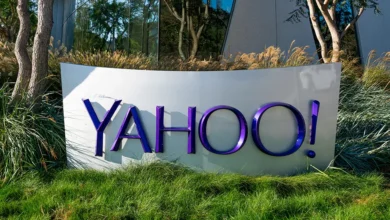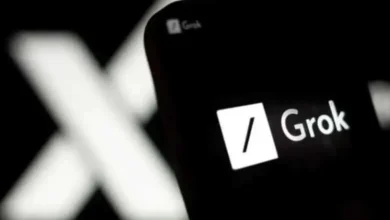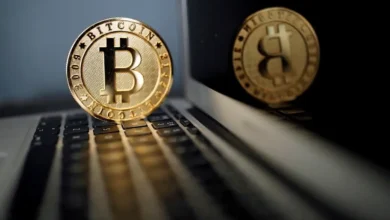Brazil orders Google to curb campaign against ‘fake news law’

The Brazilian government objected on Tuesday to Google LLC campaigning against an internet regulation bill to crack down on fake news and ordered the US company to change a link on its search engine in Brazil.
The proposed law to penalize firms for not reporting fake news was due to be voted on in the lower house of Congress later on Tuesday but its fate is uncertain due to resistance from conservative and Evangelical lawmakers who have sided with big tech firms against the government and its allies.
Justice Minister Flavio Dino said Google had two hours after being notified to change a link on its search engine that connects to material that argues against the regulation bill and urges readers to call their representatives to vote against it.
Google removed the link minutes after Dino warned the company would be fined one million reais ($198,000) per hour if it did not comply.
“What is this? An editorial? This is not a media or an advertising company,” the minister said.
“What we are avoiding is private, clandestine, disguised, unacknowledged censorship,” he added in a news conference, saying Google was trying to curtail debate in Congress.
Google did not immediately reply to a request for comment.
Bill 2630, also known as the Fake News Law, puts the onus on the internet companies, search engines and social messaging services to find and report illegal material, instead of leaving it to the courts, charging hefty fines for failures to do so.
Companies would also have to pay content providers and copyrights on material posted on their sites.
The Brazilian proposal is shaping up to be one of the world’s strongest legislations on social media, comparable to the European Union’s Digital Services Act enacted last year.
Big tech firms such as Google and Facebook say the bill is a recipe for disaster, was too hastily created and will have the opposite result of rewarding those who post disinformation since platforms have to pay people for content posted. They also say it will endanger free posting services for users while allowing censorship as practiced in authoritarian societies.
One of the bill’s authors who will report on it to Congress, Representative Orlando Silva of the Communist Party of Brazil, said the law is needed to curb fake news that has poisoned Brazilian politics and impacted elections.
“Fake news led to the storming of government buildings on January 8 and has caused an environment of violence in our schools,” he told Reuters.
The bill was fast tracked in the lower house after a series of fatal attacks in schools which social media allegedly encouraged, and new articles added to the bill have not been debated in Congressional committees before going to the vote.
“We need to debate Bill 2630 in more depth … We are committed to continuing to find new ways to support news production and combat misinformation in Brazil,” Google Brasil CEO Fabio Coelho wrote in a blog.
Silva, the bill’s rapporteur in Congress, said the big tech companies were using their vast resources and reach on the internet to campaign against regulation.
Silva said the original draft of the bill included the creation of a state agency to watch out for illegal content, but this was dropped due to resistance in Congress.
($1 = 5.0416 reais)










